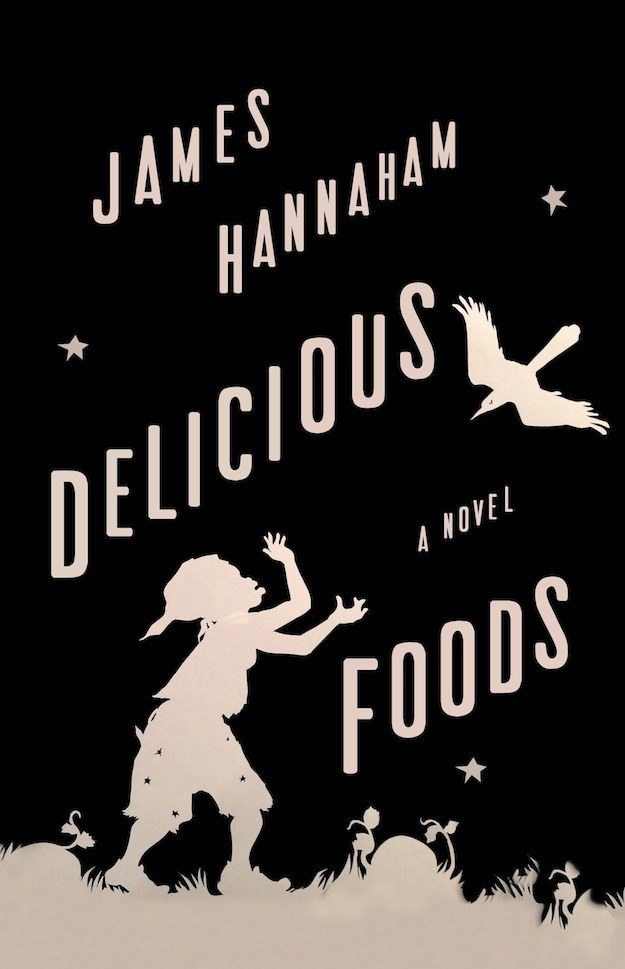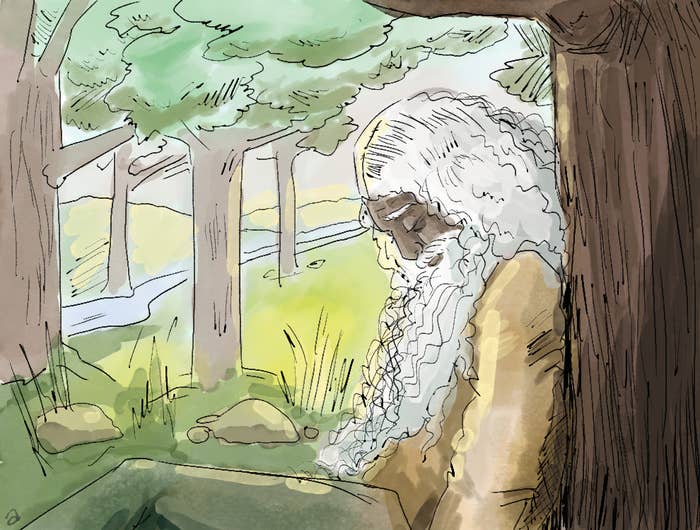
I'm a Yankee, born and raised. So why have I set two novels in the South? Nothing obvious about my background explains this anomaly. I entered the world through the Bronx and spent my early years in Yonkers, New York. Before I graduated from high school, I had taken only five trips ever requiring airfare, none further than Kansas. I now live in Brooklyn, that notorious hive of fancy-pants writers.
For a long time, though, the South has had a mysterious grip on me. My mother's family moved from Georgia to Harlem in the 1940s. They never identified themselves as Southerners; in fact, they were eager to shed any traces of Dixie along with their sour memories of Jim Crow discrimination. Yet something down-home persisted. My mother couldn't cook — except for her fantastic bread pudding, mac 'n' cheese, and sweet potato pies, always prepared from memory. She never said "y'all," nor did she have an accent, yet she habitually nicknamed large appliances and family cars "Betsy," supposedly after a cow from her childhood. She didn't go to church except for special occasions, but she claimed to have had a vision of Christ when, hospitalized after giving birth to me, her marriage in free-fall, she experienced a potentially lethal infection on her C-section scar.
As I grew, I became familiar with the stereotype of the South as a hot, poor, religious, racist swamp, the home of Jesus, George Wallace, and BBQ ribs. But closer to home, racism had given shape to my own neighborhood, Runyon Heights: We lived in the last house on a kind of fake dead-end street that ended in an embankment of trees. This same street continued, with a different name, on the other side of the embankment in the adjacent white (technically, Italian-American) neighborhood, Homefield. All of the streets in Runyon Heights that bordered Homefield were like that. And still are. The existence of this mini-DMZ made Homefield a kind of bizarro world for the kids of Runyon Heights. Sometimes, for a thrill, friends of mine and I would sneak over the border and run recklessly through Homefield as fast as we could.
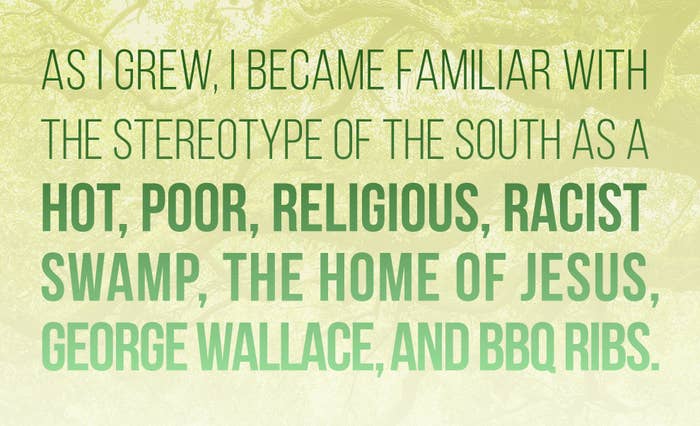
Frequently back then, as now, current events would bitch-slap the North into the realization that the South does not have a lockdown on any of the bad qualities for which Northerners make fun of it. The Southern-born yet Northern-college-educated and urbanized black people of my parents' generation had a particularly layered and somewhat cynical view of how self-congratulatory Northern white folks could be about their own supposed lack of racism. My mother became an investigative radio journalist when I was 9, and when, in 1980, the U.S. Department of Justice and the local NAACP sued the Yonkers school system for having segregated schools, she and her friends were privately quick to categorize this event as the kind of thing that happens "up South."
That lawsuit against the city (whose aftermath will soon be the subject of Show Me a Hero, a new TV series by David Simon, of The Wire fame) defined my grade school experience. For years my mother covered the story for radio station WFAS, so what normal people might call "repetitive sound bites from her tape-recorded interviews with city officials," I might call "lullabies." Before the feds called Yonkers out for 40 years of racist housing policy, the city frequently tried to re-draw the school district lines horizontally, perpendicular to the city's racial divides. This meant that I changed schools frequently, and in junior high school, practically everyone in my neighborhood got bussed from our centrally located area to the northeasternmost (read: whitest) corner of the city.
Then, as now, the New York metropolitan area at the time was, in some respects, no less highly charged in terms of racially motivated mayhem than say, Birmingham, Alabama. A white mob, 15 strong, murdered transit worker Willie Turks in Brooklyn in 1982; in 1984 police killed Eleanor Bumpurs in her Bronx apartment; and later that year Bernard Goetz shot four black kids in the subway. Yet another white mob chased Michael Griffith into traffic to his death in 1986. These killers all had vocal supporters. We really did live "up South." Recent events in New York City, like the murders of Eric Garner and Akai Gurley, have done nothing to contradict this sentiment.
When bias crimes happen in the North, Americans tend to think of them as isolated events, certainly not indicators of the region's character. It rattles our sense of ourselves as Northerners to think that half a million black folks fled racism in the South only to find different racism in the North. But my parents knew better. That conundrum was the subject of Claude Brown's memoir Manchild in the Promised Land, a book I remember devouring in high school. The distinction must have been even finer for my grandparents; their choice was really between a racist South with no chance for advancement and a racist North where you could get an OK job and your kids could attend slightly better schools — which is what made Yonkers' segregated housing practices and schools so appalling, I suppose. A whiff of Southern fried discrimination in the urban north? Well knock me down and steal my teeth!
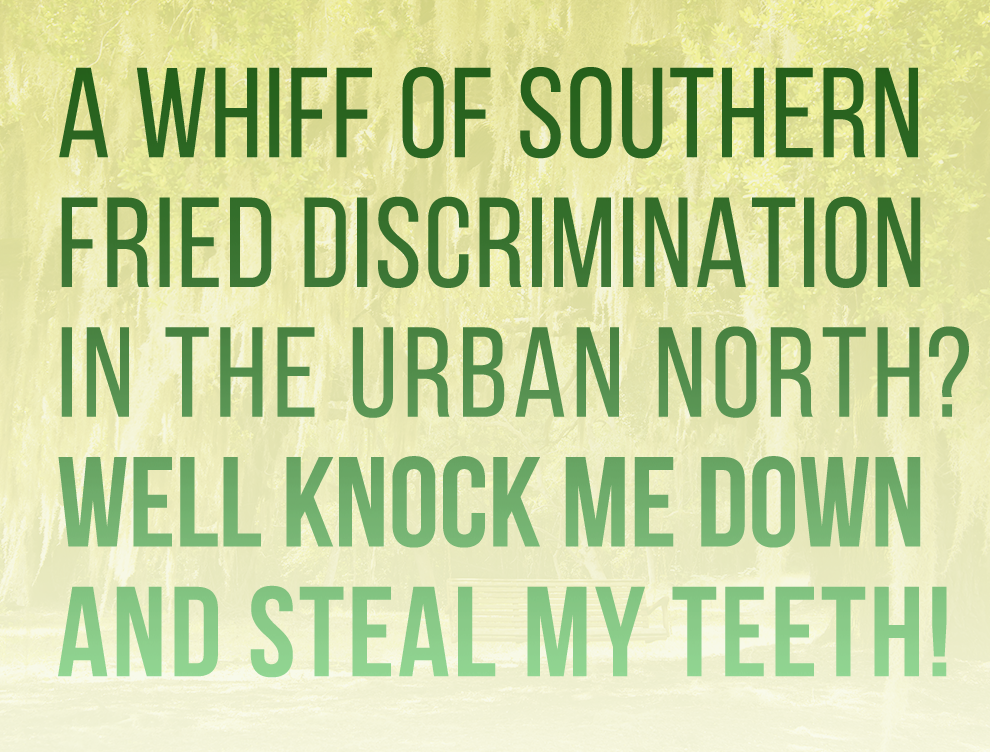
Many years later, after absorbing all this, coming out of the closet, and becoming a writer, I went through all the mental paroxysms common to aspiring writers of fiction: Who am I? What might I write? Is fiction relevant? By then I'd spent a little more time below the Mason-Dixon Line, and found myself at home there — I preferred the warmer weather, I had trouble resisting the rich cuisine, and I enjoyed the relaxed pace. I even stopped doubting the sincerity of people who acted friendly. While I looked askance at the widely available mammy cookie jars in gift stores, I felt that at least they were tangible signs of a nationwide bigotry that Northerners tended to sublimate or explain away. In the South, I could point to actual artifacts and say, Look! Racism! White folks in the South had no filters, like the old guy manning a historic fort in Georgia who, as I looked through a periscope, offered to tell everyone that if I blew up any submarines (not possible, obviously), "a colored did it," and then laughed, pretty much to himself. Down there, I could tell where everyone stood without any effort. I felt, in a way, relieved — especially because I also did not have to remain there.
Young black fiction writers in the U.S. often face a strange obstacle as they try to figure out who they are — it's called American literature. A high number of pre-civil-rights-era novels by white American writers are likely to include tossed-off racial slurs and/or stock black characters, some of which make racially conscious readers want to hurl the book across the room, even if the wooly-headed pickaninnies are only peeking around a doorjamb on one page out of 400. There are exceptions, but shockingly few. You always have to brace yourself — always. But like it or not, these are our classics — great books with antique values. So once I knew I wanted to write fiction, and wanted to avoid all the "jigaboo" mentions, I concentrated my reading on mid-20th-century black writers, from the Harlem Renaissance to the era of Richard Wright, Zora Neale Hurston, Ralph Ellison, and — what do you know — many of these writers had emigrated from the South. Social issues defined their interests, and they depicted Americans as passionate people caught in desperate political and socioeconomic circumstances — all of which I related to, as a child of segregation, housing discrimination, and busing.
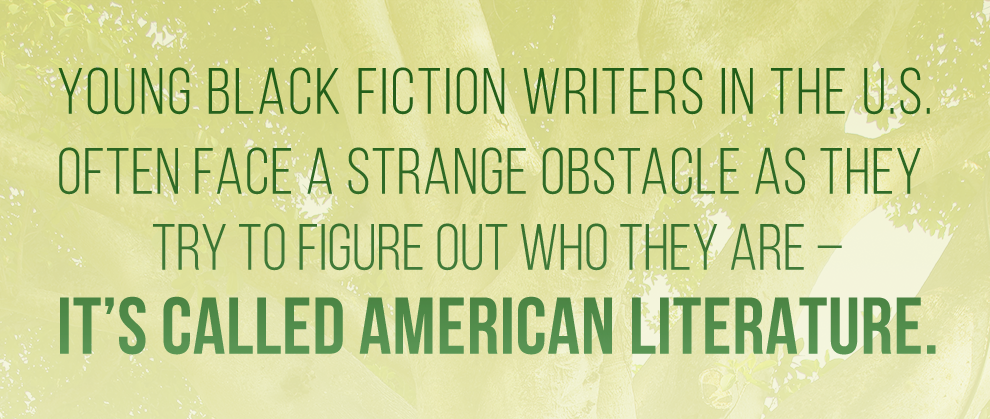
Once I gave Southern white American fiction writers of the post-World War II era a chance, I discovered that many of them displayed a political consciousness similar to, though not always as well-honed and/or righteous as their black counterparts. Flannery O'Connor's acerbic outrage thrilled me, if not her faith; I admired Truman Capote's campy, sensual worldview, though I had misgivings about certain stories of his; and Tennessee Williams, though he didn't write specifically about black folks, and occasionally fell into cringe-y tropes, still had a lot of soul.
The best-known writers associated with my homeland — Yonkers is part of Westchester County — did not speak to me in the same way. I liked John Cheever in spite of his usual suburban subject matter; it took a dazzling prose stylist to make me give a shit about white people who summer on the Vineyard. (Though I did unequivocally like "The Five-Forty-Eight," that story where a female commuter gets revenge on her oblivious male boss, who uses her for sex and then fires her.) Washington Irving was the only other big-name local icon, and he was played out. Besides, if Rip Van Winkle had been black, the cops would've run him out of town long before they let him sleep in Irvington for 20 years.
Through the South, I tried to make sense of what seemed similarly wrong with the North. The first novel I wrote took shape around a variety of anecdotes I heard about gay men having trouble accepting themselves, sometimes because of their families' religious faith, largely in the North. But for all those stories to ring true for a single character, he had to come from the South — specifically Charleston, a city whose repression is architectural: The front doors of many homes are turned to the side, dark passageways lead to sultry courtyards, high walls surround lush gardens. I spent a majority of the revision process trying to get the main character's voice right — there are many types of Southern accent, some expressions are used in one region but not others, etc. Above all, some Southerners are more colorful in speech and action than fictional characters; the truth about them can seem unbelievable on the page. The comments I cherished most about that book came from Southerners who read that voice and mistook me for one of their own. Because I felt I was. In certain respects, I thought I was worse off than some black Southerners — I had faced many of the same challenges brought on by racial discrimination and segregation in my hometown without the consolation of readily available high-quality BBQ ribs. And here is one way in which I truly am a Southern writer: Until the current plague of racist attitudes and tragedies end, from Staten Island to Ferguson, Missouri, and beyond, we might as well consider the whole United States of America the South. For any runaway slaves who made it to Canada, that was the truth anyhow.
***
James Hannaham is the author of the novels Delicious Foods (Little, Brown 2015) and God Says No (McSweeney's 2009), and has published stories in One Story, Fence, Story Quarterly, and BOMB. He has exhibited text-based visual art at The Center for Emerging Visual Artists, 490 Atlantic, and The James Cohan Gallery. He teaches in the writing MFA program at the Pratt Institute.
To learn more about Delicious Foods, click here.
